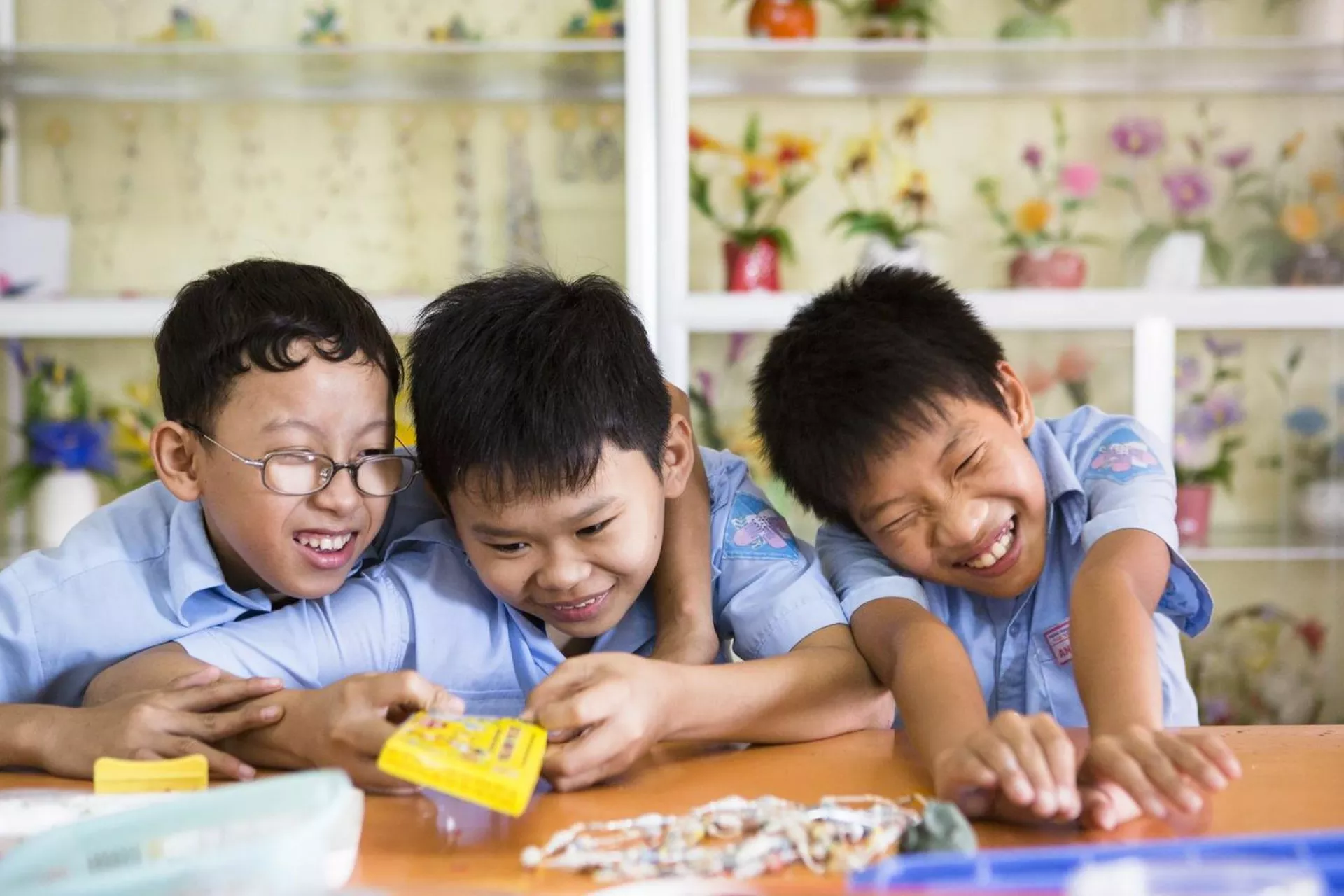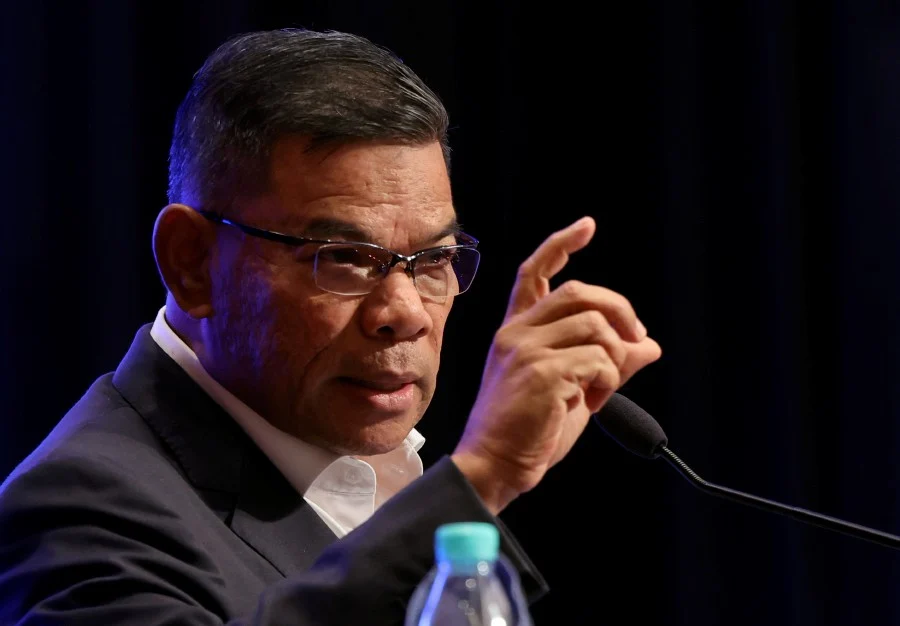THE recent announcement by the Education Ministry (MOE) to provide counselling for the sons of a disabled man who was assaulted in Chukai, Terengganu is a commendable step, demonstrating the government’s commitment to supporting the welfare of children affected by such incidents.
However, this also sheds light on a broader issue: the need for accessible and affordable education for children with learning disabilities in Malaysia.
Currently, educational facilities for children with learning disabilities remain limited and unevenly distributed across states.
Families often face challenges in finding nearby support centres that they can afford. Though private facilities are valuable, it is difficult for them to justify the high cost.
This creates a significant barrier for families from lower-income groups who cannot afford such specialised services.
We need to expand facilities for children with learning disabilities in all states, in particular, the outskirts and rural regions, ensuring that they receive the necessary support regardless of their location or financial situation.
These facilities should cater to a range of needs, including early intervention programmes, tailored curriculums, and therapy services.
Furthermore, there is a pressing need to recognise the different types of learning disabilities, such as dyslexia, attention deficit hyperactivity disorder (ADHD), and autism, rather than generalising them into one category – each disability comes with its own challenges.
By acknowledging the diversity of learning disabilities, the education system can provide targeted support and strategies to address specific needs effectively.
Encouraging more teachers to specialise in teaching children with learning disabilities is another important step forward.
Providing special allowances or incentives to these teachers can help attract more educators to this field, ensuring that schools have skilled professionals to meet the unique needs of these children.
This move not only improves educational outcomes but also creates a more inclusive learning environment.
Additionally, collaboration between public and private sectors can help bridge existing gaps. The government could consider subsidising private centres to make their services more affordable or establishing partnerships to increase the reach of quality care and education.
The MOE’s intervention in this case is a reminder of the importance of inclusivity in education. Moving forward, greater attention must be given to ensuring children with learning disabilities have the resources, facilities, and support they need to thrive. – Jan 23, 2025
Felicia Wong Yin Ting is the MCA Education Consultative Committee deputy chairperson.
The views expressed are solely of the author and do not necessarily reflect those of Focus Malaysia.
Main image: UNICEF









